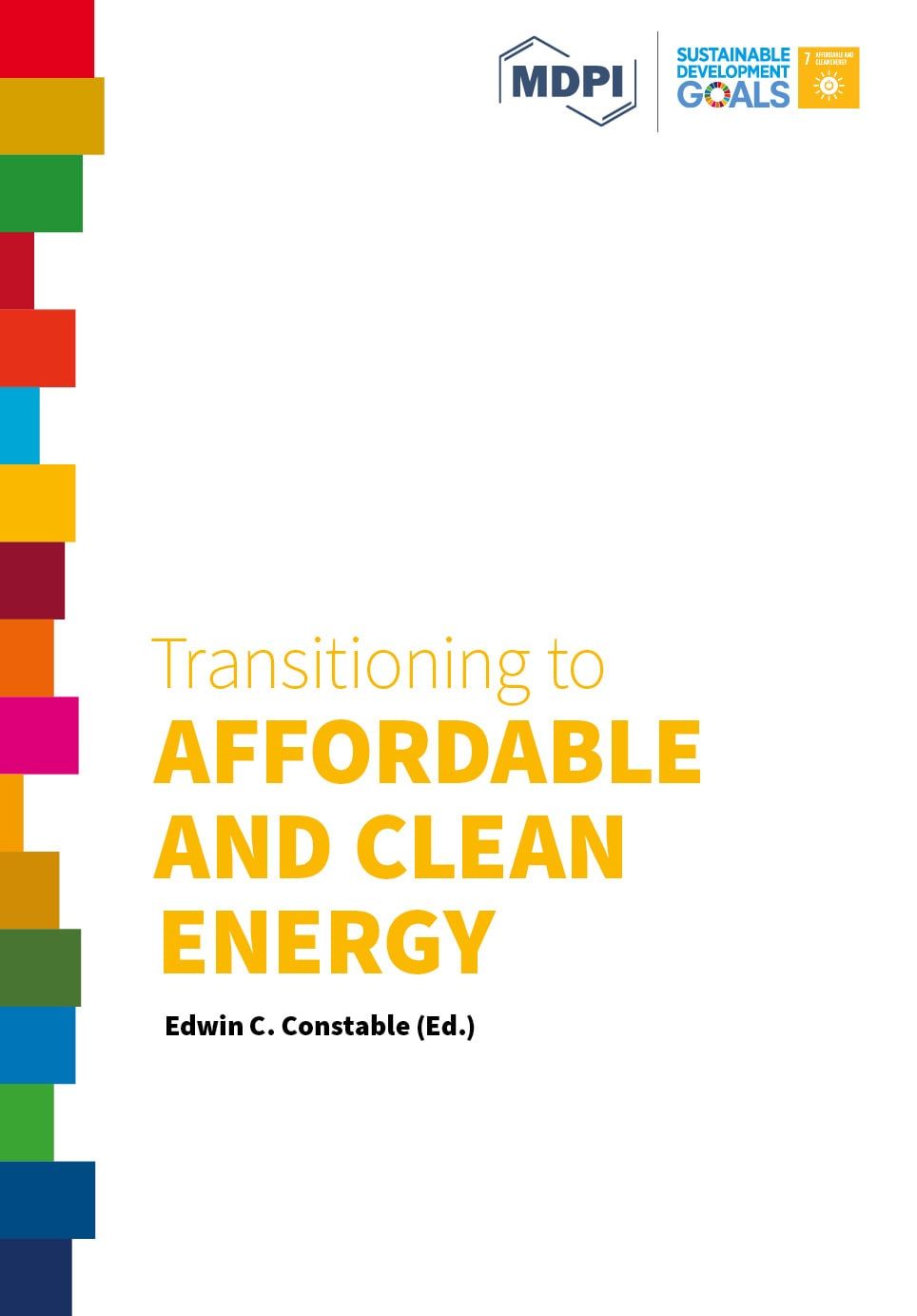Finnish Forest Industry and Its Role in Mitigating Global Environmental Changes
The forest industry is an energy-intensive sector that emits approximately 2% of industrial fossil CO2 emissions worldwide. In Finland, the forest industry is a major contributor to wellbeing and has constantly worked on sustainability issues for several decades. The intensity of fossil fuel use has been continuously decreasing within the sector; however, there is still a lot of potential to contribute to the mitigation of environmental change. Considering the ambitious Finnish climate target to reach carbon-neutrality by 2035, the forest industry is aiming for net-zero emissions by switching fossil fuels to bio-based alternatives and reducing energy demand by improving energy efficiency. Modern pulp mills are expanding the traditional concept of pulp mills by introducing the effective combination of multifunctional biorefineries and energy plants. Sustainably sourced wood resources are used to produce not only pulp and paper products but also electricity and heat as well as different types of novel high-value products, such as biofuels, textile fibres, biocomposites, fertilizers, and various cellulose and lignin derivatives. Thus, the forest industry provides a platform to tackle global challenges and substitute greenhouse-gas-intensive materials and fossil fuels with renewable alternatives.
